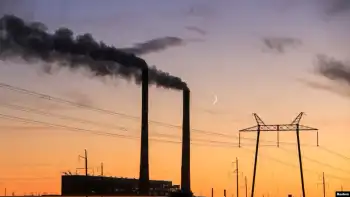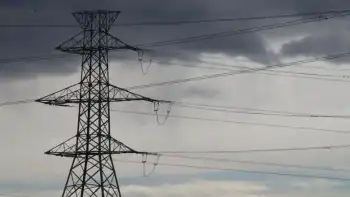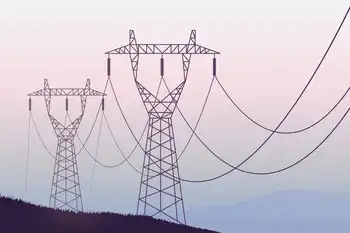Pilot project to power up GTA for electric vehicles
The Toronto Star was first to report in September that Sandra Pupatello, then minister of economic development and trade, had held meetings with Palo Alto, Calif.-based Better Place to discuss ways of turning the Toronto region into an electric transportation hub.
Better Place has already struck similar partnerships with Israel, Denmark and Australia and has raised more than $200 million in private capital, which will go toward developing a sophisticated network of charging spots and robot-controlled battery-exchange stations in high-density regions of each country.
The company was founded a year ago by 38-year-old software maverick Shai Agassi, who will be in Toronto for today's announcement. Better Place would make its money by setting up regional Electric Recharge Grid Operators, which would sell energy to electric car drivers as part of a monthly subscription — like a cellphone service plan that sells electricity instead of minutes.
Pupatello, who represents a riding in Windsor, a city that's been devastated by auto layoffs, said she learned about the initiative during a meeting last summer in Turkey with officials of French automaker Renault S.A. Renault, in alliance with Nissan, has agreed to manufacture electric cars for Better Place projects in Israel and Denmark.
Better Place says the Greater Toronto Area is an appealing market because of its population density of roughly five million people. Documents presented by the company last summer show a willingness to invest more than $150 million in Ontario to set up a local grid operator and infrastructure to support 100,000 electric-car subscribers within 80 to 160 kilometres of Toronto.
Related News

B.C. electricity demand hits an all-time high
VANCOUVER - BC Hydro says the province set a new record for peak electricity demand on Monday as temperatures hit extreme lows.
Between 5 and 6 p.m. on Dec. 27, demand for electricity hit an all-time high of 10,902 megawatts, which is higher than the previous record of 10,577 megawatts set in 2020.
“The record represents a single moment in the hour when demand for electricity was the highest yesterday,” says Simi Heer, BC Hydro spokesperson, in a statement. “Most of the increase is likely due to additional home heating required during this cold snap.”
In addition to the peak demand record on…




